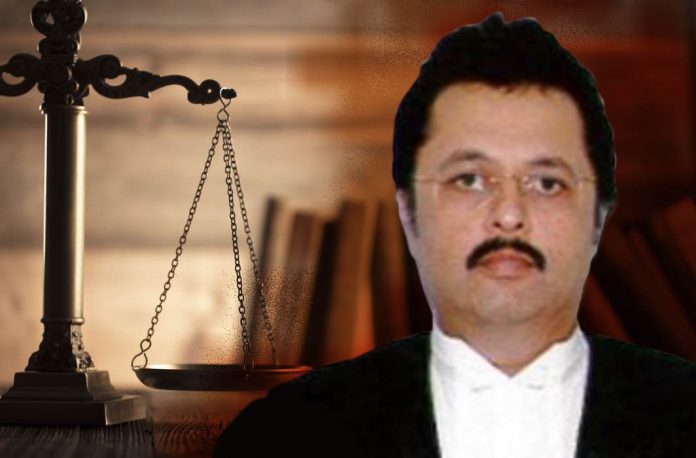Justice Ravi Malimath of the Karnataka High Court is likely to be appointed as the Chief Justice of the Uttarakhand High Court. It is learnt that Justice Malimath, who is also the president of the Karnataka Judicial Academy has given his consent for transfer from the Karnataka High Court to the High Court of Uttarakhand. He is also currently serving as the Executive Chairman of the Karnataka State Legal Services Authority.
Born on May 25, 1962, Justice Malimath, is the son of the late VS Malimath, who was chief justice of the Kerala and Karnataka High Courts. Justice Ravi Malimath first enrolled as an Advocate on January 28, 1987 at Bangalore. He practised in Constitutional, Civil, Criminal, Labour, Service, mainly at Karnataka High Court, Bangalore. He was later appointed as an Additional Judge of the High Court of Karnataka on February 18, 2008 and permanent Judge on February 17, 2010. After Karnataka Chief Justice AS Oka, he is the next sitting judge of the Bangalore Bench of the High Court.
As the President of the Karnataka Judicial Academy, Justice Malimath on January 11, 2020, took pride in stating that the academy has so far trained as many as 4000 judicial officers and striving for excellence in the field of judiciary. He was speaking at the inauguration ceremony of the phase-1 of the Academy’s new building at Crescent Road, Bengaluru. Chief Justice of India S A Bobde, Chief Minister BS Yediyurappa, and Chief Justice of Karnataka High Court Justice A S Oka were among the noted dignitaries at the event.
At a graduation ceremony in JSS Law College, Mysuru, Justice Malimath shared some life lessons to go by. He said, “Those who set their mind exclusively on earning money always fail. So, my advice to youngsters is not to hanker after money.”
He further advised the fresh graduates to not be influenced in their career choices by what their peers are doing, but assess one’s strengths and interests, ability and knowledge to decide a career path.
In his long career, Justice Malimath has handed out some noteworthy judgements.
On January 21, a Division bench ruled that the transfer of officers at the instance of chief minister and ministers’ recommendation illegal. It observed, “The elected representatives shall not interfere in the transfer of officials working at autonomous institutions. The previous ruling by the single bench that all such transfers are illegal is justified.”
A Division Bench of the HC issued guidelines for lower courts and public prosecutors across Karnataka to provide victim-oriented justice by awarding appropriate compensation to victims or their dependants suffering loss or injury due to crime.
“While imposing punishment, courts should not only keep in view the rights of criminals, but also rights of victims and society at large,” the bench, comprising Justice Ravi Malimath and Justice HP Sandesh, said.
Then, the death sentence of one ‘Cyanide’ Mohan, a serial killer, was commuted by a division bench to five years imprisonment and Rs. 5000 fine. The order stated the prosecution’s failure to prove Mohan’s hand in drugging and killing the victim and thus punished the accused of robbing her valuables only. Mohan is, however, serving a life sentence for raping and killing other women.
Law believes in evidence, and a lack thereof, unfortunately, binds the hands of justice. The Karnataka High Court had to absolve four notorious men of one Dandupalya gang in January 2019 due to lack of evidence in a case of the brutal murder of a Bengaluru resident in 1999. Other criminal cases are, however, still pending against them.
What is noteworthy here though, is the fact that the bench based its judgment on evidence and not just the criminal antecedents of the accused to arrive at a preferable opinion.
— India Legal Bureau


